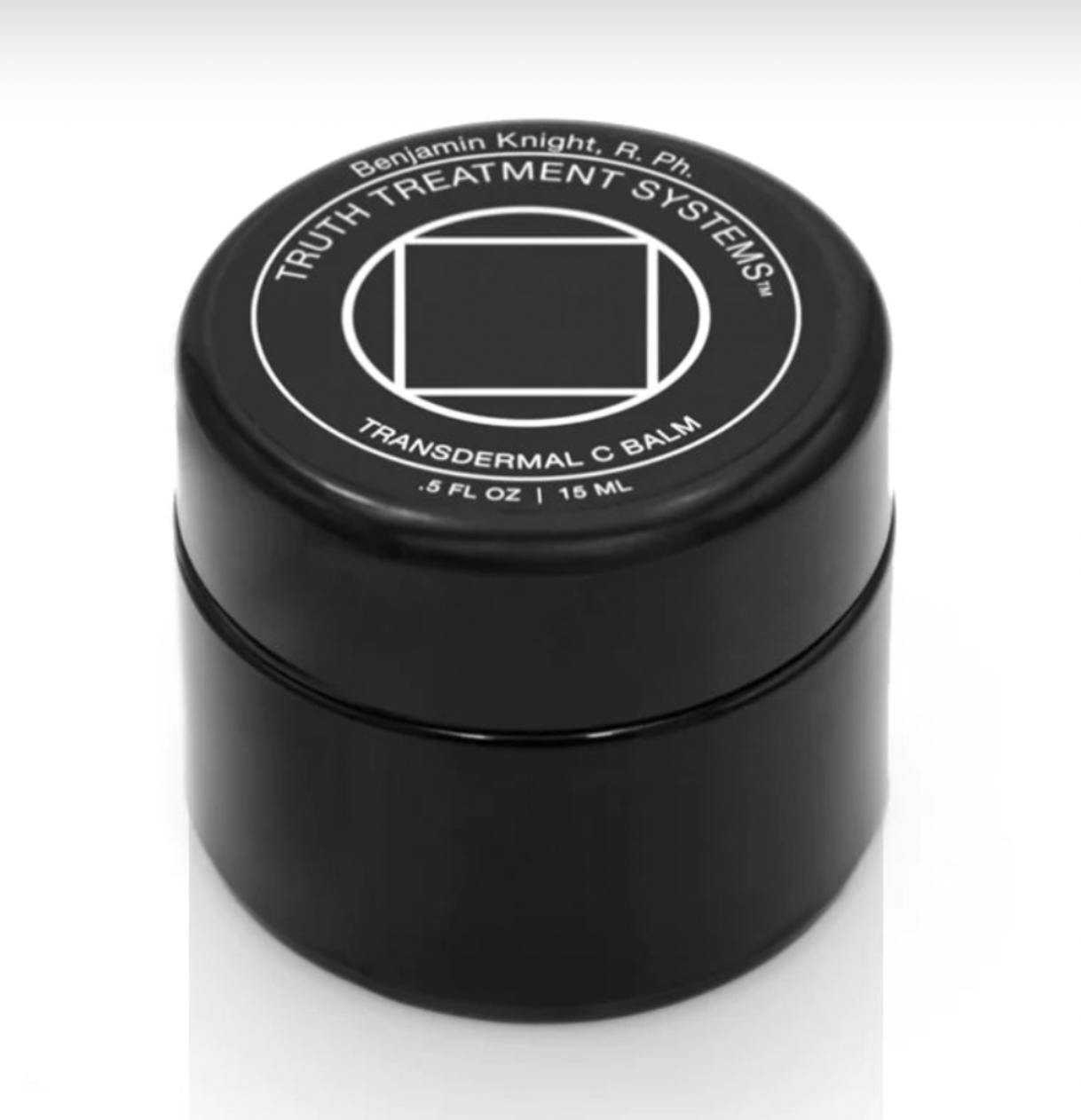What We Need to Know About Vitamin C
The Science of Vitamin C: Essential for Health and Skin
Introduction
"We would like to express our gratitude to Dr. Benjamin Knight Fuchs for his invaluable contributions to the field of skin health. His teachings have been instrumental in shaping the ideas presented in this article."
Vitamin C is a vital nutrient that plays numerous roles in maintaining the health of the human body. It is recommended that individuals consume between 100 to 2,000 mg of Vitamin C daily. In some cases, people take up to two grams (2,000 mg) per day. However, if consuming higher doses, it is advisable to divide the intake throughout the day to prevent bloating and gas, and beware of mucus build up, which may be evident in congested pores.
The Unique Nature of Vitamin C
Among the various vitamins, Vitamin C stands out for its incredible value and multifunctionality. It is essential for the health of every cell in the body and is completely non-toxic. However, unlike most animals, humans cannot produce their own Vitamin C. This inability is shared with certain species of guinea pigs, bats, and gorillas. In contrast, animals that can produce their own Vitamin C often increase production when under stress, as Vitamin C is a powerful anti-stress molecule. It supports the immune system, helps manage psychological stress, aids the digestive system, and bolsters the adrenal system.
Sources and Intake of Vitamin C
Obtaining Vitamin C is straightforward, as it can be taken orally in the form of ascorbic acid, which the body uses effectively. For those who prefer to get their Vitamin C from food, it is most densely packed in red chili peppers, kiwi, cantaloupe, and papaya. Additionally, Vitamin C can be administered through injections, which can be particularly beneficial in certain situations, such as cancer treatment.
Vitamin C and Skin Health
Vitamin C also plays a significant role in skin health, but for it to be effective, it must be in the correct form to penetrate the skin's layers. The skin is composed of several layers, with the outermost layer, known as the stratum corneum, consisting of dead cells. Beneath these layers, at the bottom of the epidermis, lie the keratinocytes, and below them, in the dermis, are the fibroblasts. These are the living cells that are ready to absorb Vitamin C.
For Vitamin C to be effective on the skin, it needs to be fat-soluble because the skin has a protective fatty layer that prevents dehydration. This layer is similar to the waxy coating on a leaf. Fat-soluble forms of Vitamin C, such as ascorbyl tetraisopalmitate or tetrahexyldecyl ascorbate (THDA), are more effective, though they are also more complex and expensive to produce.
Benefits of Fat-Soluble Vitamin C
Fat-soluble Vitamin C offers several benefits for the skin. It protects keratinocytes, supports the production of moisture factors and natural hydration, acts as an environmental protectant and antioxidant, and stimulates the synthesis and secretion of collagen and connective tissue. Additionally, it has skin-lightening properties by inhibiting tyrosinase, the enzyme responsible for producing pigment. This helps in evening out skin tone. Furthermore, Vitamin C is recognized as one of the best natural laxatives and accelerates the healing process for burns, cuts, or scrapes.
However, it is important not to use ascorbic acid topically on the skin. Ascorbic acid is an acid that oxidizes, or "rusts," when exposed to oxygen and water, which can be harmful to the skin and accelerate aging. Instead, a product with high concentrations of fat-soluble Vitamin C should be used. These products should list Vitamin C near the top of the ingredient list to ensure effectiveness. An example of such a product is Truth Treatments Transdermal Vitamin C Balm, which contains a high concentration of fat-soluble Vitamin C. This form of Vitamin C is expensive, costing about $800 per kilogram compared to $5-15 per pound for ascorbic acid.
Historical and Biological Context
The technical name for Vitamin C, ascorbic acid, is derived from the word "ascorbic," which relates to scurvy—a disease caused by Vitamin C deficiency. The prefix "a-" means "without," so "ascorbic" literally means "without scurvy." Interestingly, the signs of aging, such as thinning skin, wrinkles, poor wound healing, and thinning bones, closely resemble the symptoms of scurvy. This similarity underscores the importance of Vitamin C as a crucial ingredient for skin protection and overall health.
Conclusion
Vitamin C is an essential nutrient with a wide range of benefits for the body and skin. Whether consumed through food, supplements, or applied topically in its correct form, Vitamin C is vital for maintaining overall health and combating the effects of aging. Its role in protecting the skin and supporting various bodily systems makes it an indispensable component of a healthy lifestyle.


